To all members of the UC Davis community,
As a campus, UC Davis has taken critical steps to protect our community and prevent the continued spread of the COVID-19 virus. While it is critically important for all of us to continue to follow directives to stay at home during this time, staying at home and experiencing social isolation may create an increased risk for those in abusive relationships who are sheltering in place with their abuser. UC Davis is committed to continuing to support our students, staff, and faculty who are affected by all forms of sexual violence, including relationship violence. All University support and reporting services continue to be available during the stay in place order, including emotional support, assistance with safety planning, and assistance with workplace, academic, and housing accommodations. We are committed to providing services to our community members regardless of where they happen to be physically located during this unprecedented time. The following list of UC Davis resources are available to those in need:
Center for Advocacy, Resources and Education (CARE) provides free and confidential support services to all members of the UC Davis community (students, staff, faculty and affiliates) affected by intimate partner violence, stalking, sexual assault, or sexual harassment. CARE staff provide confidential support, information about rights and options, assistance with reporting and accommodations, safety planning options, and up-to-date information regarding changes to court schedules, forensic exam procedures, and local community resources. CARE staff are available to meet via video conferencing, speak over the phone, or communicate through email. To connect with a CARE advocate, please send an email to ucdcare@ucdavis.edu, or call (530) 752-3299.
Counseling Services provides free and confidential counseling services to all UC Davis students, including undergraduate, graduate, and professional school students. Individual counseling is offered via secure video conferencing or by telephone consultation. Schedule an appointment via the Health-e-Messaging secure portal or by calling (530) 752-0871. Mental Health Crisis Consultation Services are available by calling (530) 752-0871. You can also text "RELATE" to 741741 anytime to chat with a trained, confidential crisis counselor.
Academic and Staff Assistance Program (ASAP) provides free and confidential counseling services to UC Davis and UC Davis Health employees. ASAP at UC Davis and UC Davis Health are providing services remotely. Arrange for services by calling: (530) 752-2727 (UC Davis employees) or (916) 734-2727 (UC Davis Health employees).
Harassment and Discrimination Assistance and Prevention Program (HDAPP) assists individuals and campus units with resolving all complaints of sexual violence and sexual harassment, including complaints about relationship violence. Reports can be made via the online Sexual Violence and Sexual Harassment Incident Report Form or via email or telephone by contacting HDAPP at hdapp@ucdavis.edu, (530) 747-3864 (Davis), or (916) 734-3417 (Sacramento). Anonymous call lines are also available at (530) 747-3865 (Davis) and (916) 734-2255 (Sacramento).
UC Davis Police Department (UCDPD) remains open and responsive during this time. In an emergency, please call 911 to be connected with the police department closest to you. For non-emergency situations, call your local police department's non-emergency line directly. To file a report with UCDPD call (530) 752-1230. For certain crimes, UCDPD also allows for online crime reporting.
Additional Resources
Additional on campus and off campus resources can be found at the UC Davis Sexual Violence Prevention and Response website.
The National Domestic Violence Hotline is available 24/7, confidential and free: 1-800-799-7233 and through chat. See Staying Safe During COVID-19 and the Safety Planning page from the National Domestic Violence Hotline.
Love is Respect offers interactive safety plan ideas.
Calling All Friends and Family, produced by Futures Without Violence, offers some ideas for how friends and family members might be able to help loved ones who are experiencing abuse in their home.
We know that the current situation is extremely challenging. We continue to monitor evolving concerns and we remain dedicated to delivering services to our students, staff, and faculty impacted by sexual violence, including relationship violence, wherever they happen to be sheltering in place.
Sincerely,
Wendi Delmendo
Chief Compliance Officer and Title IX Officer
Danesha Nichols
Director, Harassment & Discrimination Assistance and Prevention Program
Sarah Meredith
Director, Center for Advocacy, Resources and Education (CARE)
Dr. Paul Kim
Director, Counseling Services
Dr. Carol Kirshnit
Director, UC Davis Health Academic and Staff Assistance Program (ASAP)
Dr. Rob Starkey
Director, UC Davis Academic and Staff Assistance Program (ASAP)
Chief Joseph Farrow
UC Davis Police Department
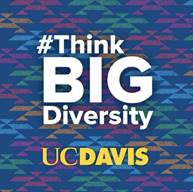

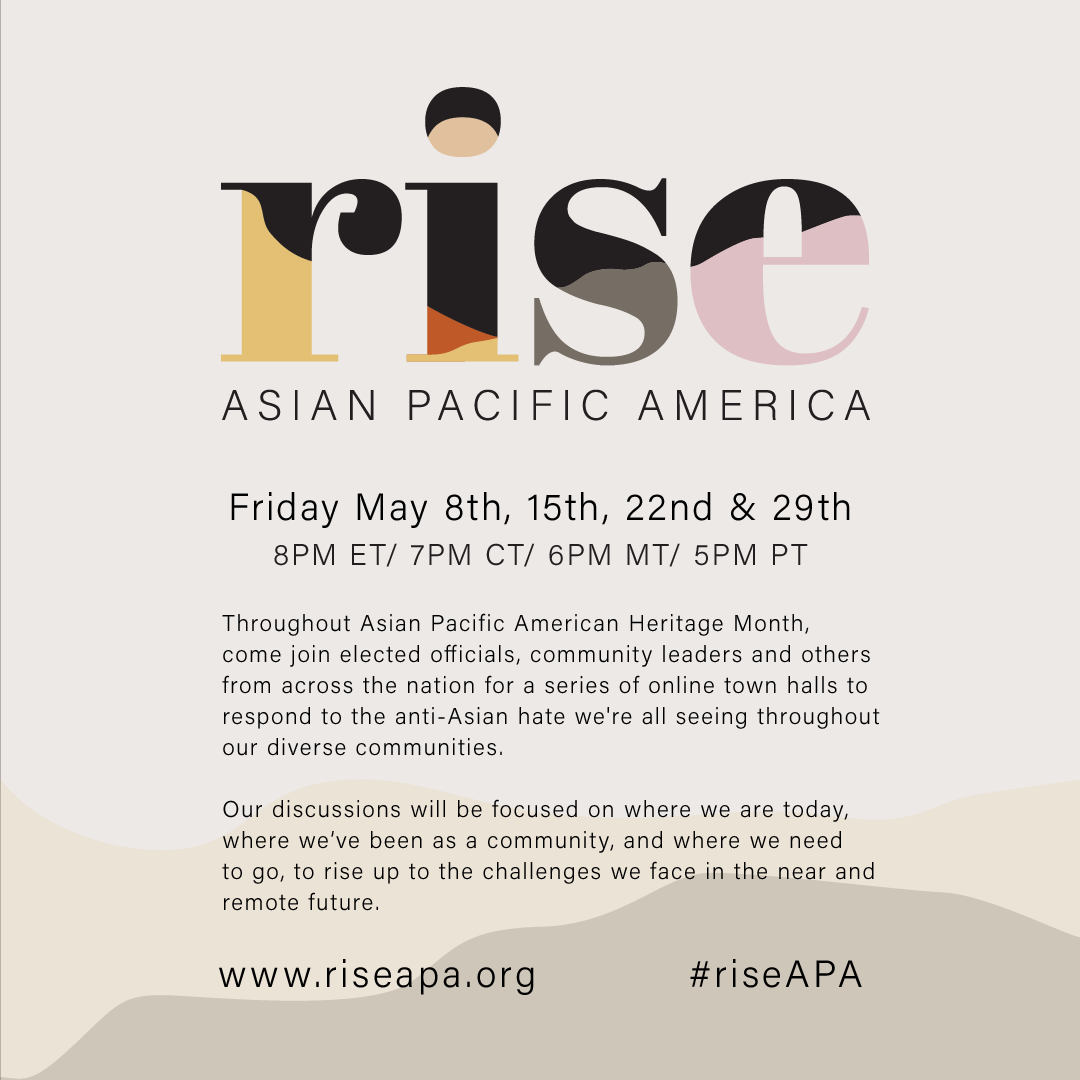
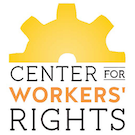
 Coronavirus (COVID-19) Pandemia: Información y Recursos para la Comunidad Inmigrante en el Valle Central
Coronavirus (COVID-19) Pandemia: Información y Recursos para la Comunidad Inmigrante en el Valle Central LÍNEA DE AYUDA EMPRESARIAL PARA CORONAVIRUS
LÍNEA DE AYUDA EMPRESARIAL PARA CORONAVIRUS
 CORONAVIRUS trợ giúp kinh doanh
CORONAVIRUS trợ giúp kinh doanh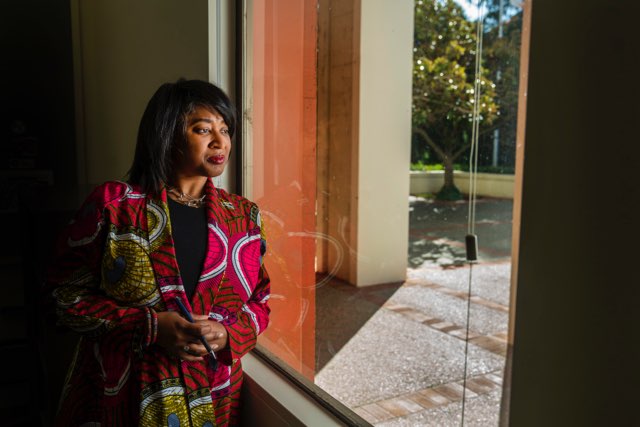 These times are challenging and unprecedented, and we are working with new information day by day to try to figure out the best way to keep everyone safe and healthy, to continue to make sure that students are educated, that faculty have what they need, and that the staff have the necessary resources. As you might imagine, it is tough. Yes, we train for certain jobs, but no university in the country, or the world for that matter, has leaders who train for this magnitude of a traumatic crisis. None of us ever took a college course and thought, “I’m training for the day when the world will shut down.” And yet, here we are … drawing from every ounce of training that we’ve ever received, drawing upon the collective wisdom of others … all to try to make as many things work as possible. Lives are at stake. Futures are uncertain. Every day we hope that we are doing our best.
These times are challenging and unprecedented, and we are working with new information day by day to try to figure out the best way to keep everyone safe and healthy, to continue to make sure that students are educated, that faculty have what they need, and that the staff have the necessary resources. As you might imagine, it is tough. Yes, we train for certain jobs, but no university in the country, or the world for that matter, has leaders who train for this magnitude of a traumatic crisis. None of us ever took a college course and thought, “I’m training for the day when the world will shut down.” And yet, here we are … drawing from every ounce of training that we’ve ever received, drawing upon the collective wisdom of others … all to try to make as many things work as possible. Lives are at stake. Futures are uncertain. Every day we hope that we are doing our best.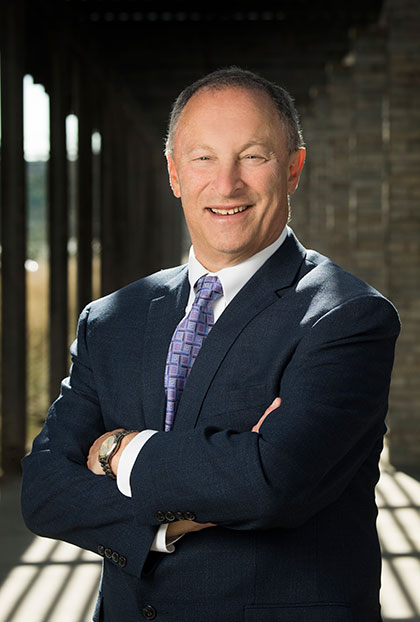 Please know that we feel it too. Those of us who can are also self-isolating or staying at home with our loved ones, others are outside of their homes taking care of running essential functions like health care, food, and sanitation, and providing support for all who are working hard to keep things moving forward. Chancellor May feels it, too. He, too, has a family, and he and Mrs. May have a daughter in college who is 3000 miles away, are worried that they can’t see parents, and, on top of that, they have an aunt with COVID-19 who is on a ventilator. This crisis is very real.
Please know that we feel it too. Those of us who can are also self-isolating or staying at home with our loved ones, others are outside of their homes taking care of running essential functions like health care, food, and sanitation, and providing support for all who are working hard to keep things moving forward. Chancellor May feels it, too. He, too, has a family, and he and Mrs. May have a daughter in college who is 3000 miles away, are worried that they can’t see parents, and, on top of that, they have an aunt with COVID-19 who is on a ventilator. This crisis is very real.